Why Did the Polls Get It Wrong?
Marquette Law School poll director Charles Franklin discusses the polling error that showed Joe Biden further ahead than the election bore out.
November 11, 2020
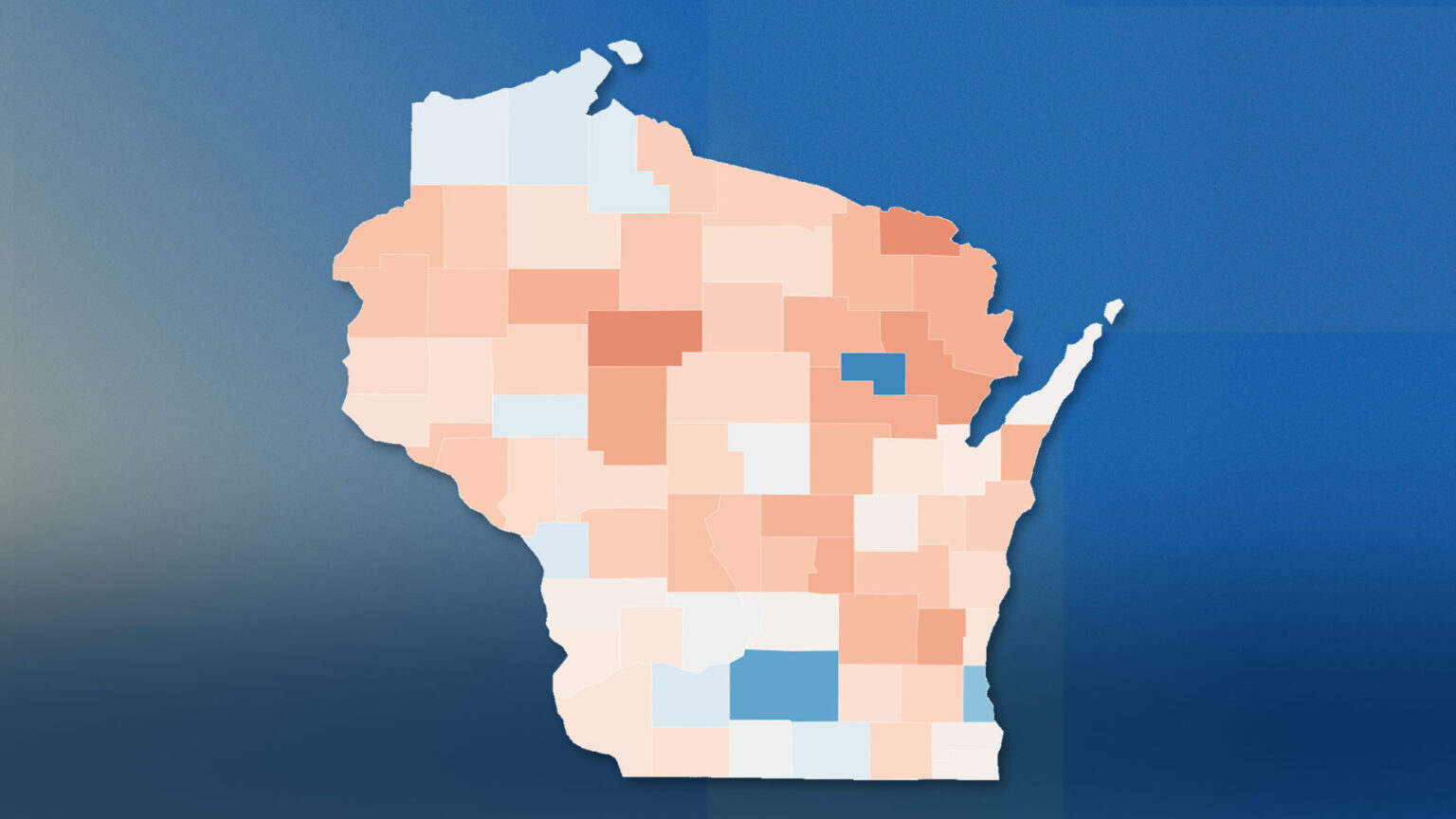
Map of the results of the 2020 presidential election in Wisconsin.
Marquette Law School poll director Charles Franklin says it is a problem that polls in the 2020 presidential election were off by so much, but is optimistic that polls will continue to correct their errors as they have done since 2016.
“It’d be foolish to say it’s no problem,” he said. “I think that the Marquette poll clearly improved from 2016 to 2020, but we still didn’t nail it. Being off by three or four is a lot better than being off by eight or nine or 10.”
The Marquette poll showed Democrat Joe Biden with a consistent four-point lead over the president in Wisconsin, though still within the margin of error. Biden ended up winning the contest by less than a percentage point, according to the unofficial election night results.
Franklin’s poll still fared better than the UW Elections Research Center poll, which showed Biden up by nine points in October, and an ABC/Washington Post poll that had the former vice president ahead by 17 points.
Franklin said he often gets asked about the latter poll, which contributes to what can be an inaccurate narrative of the status of the race.
“It was in no way representative of the range of almost all polling in the state,” he said. “One of our problems as a polling industry and as news organizations that cover polls is a tendency to react to extreme polls more than we react to the bulk of polls.”
Franklin added that looking at polls in aggregate can often smooth out some of those aberrations.
That said, he acknowledged that a majority of polls still had the president losing reelection by a significant margin—failing to find President Donald Trump’s support in states like Wisconsin.
Franklin said that is not due to “shy” Trump voters, but rather a failure of the mechanics of polling to reach them in the first place.
“I think the bigger problem is the person who supports President Trump but is distrustful, does think that polls are fake, and has no desire to join in the collective discussion of politics,” Franklin said.
He said the Marquette poll included results based on allocated voters, which were undecided voters the poll allocated to either Trump or Biden based on their favorability of each candidate. This would catch those potential shy voters who participated in the poll, but still missed those who did not pick up the phone in the first place.
“I think the steps we took this year to look for Trump voters that we might not have captured in the usual vote question through this allocation procedure did capture some of the missed Trump vote, but it didn’t capture it all,” Franklin said.
He said he’s noticed an interesting trend, as the Marquette poll tends to be closer to the actual election result in off-year elections.
“If those folks only vote during presidential years with Trump on the ballot, but drop out of the electorate without him on the ballot, that would help explain why we went back to being highly accurate in 2018 and this spring and the Democratic [presidential] primary when Trump voters were a factor in the Democratic side,” Franklin said.
He added that a persistent shift in the demographics and ideology of who picks up the phone when a pollster calls could pose problems for the future.
“If there does become a persistent party bias in willingness to participate in the civic dialog that I believe polling really represents, then we have a much bigger problem,” he said.
The Marquette poll does not weight results based on partisan respondents because Franklin says the polls methodology of dialing random phone numbers does a good job at catching both sides—Democrats and Republicans are wary of spam calls in equal numbers according to Franklin.
“How do I know that I’m missing a group of people as opposed to [thinking] that group of people has diminished in size,” he said. “It’s sort of an unfortunate cycle that sets in.”
He said the Marquette poll is working to continue innovating on ways to reach voters as behavioral patterns continue to change.
 Passport
Passport




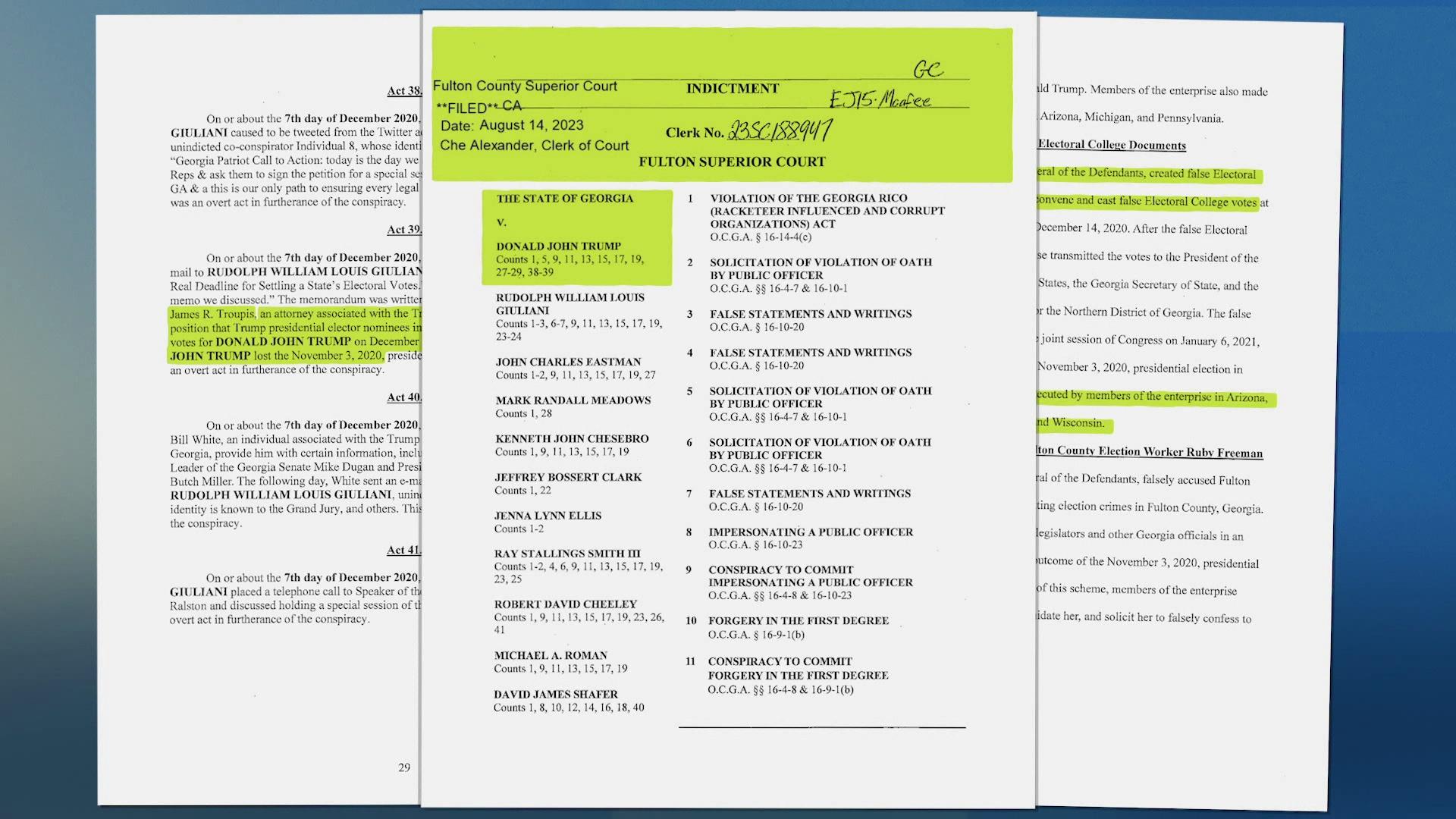
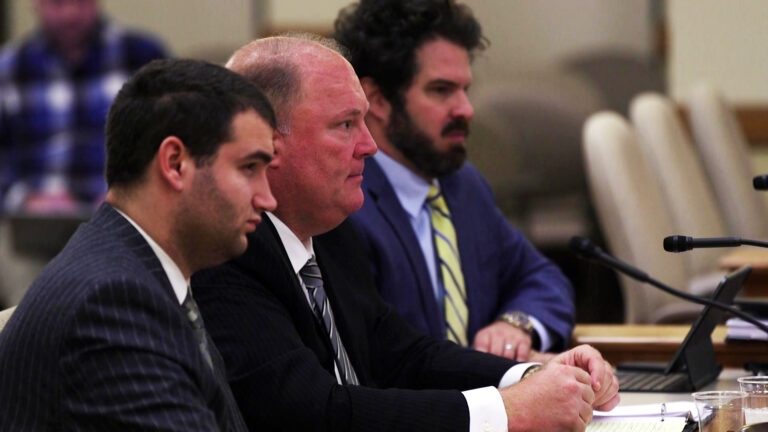
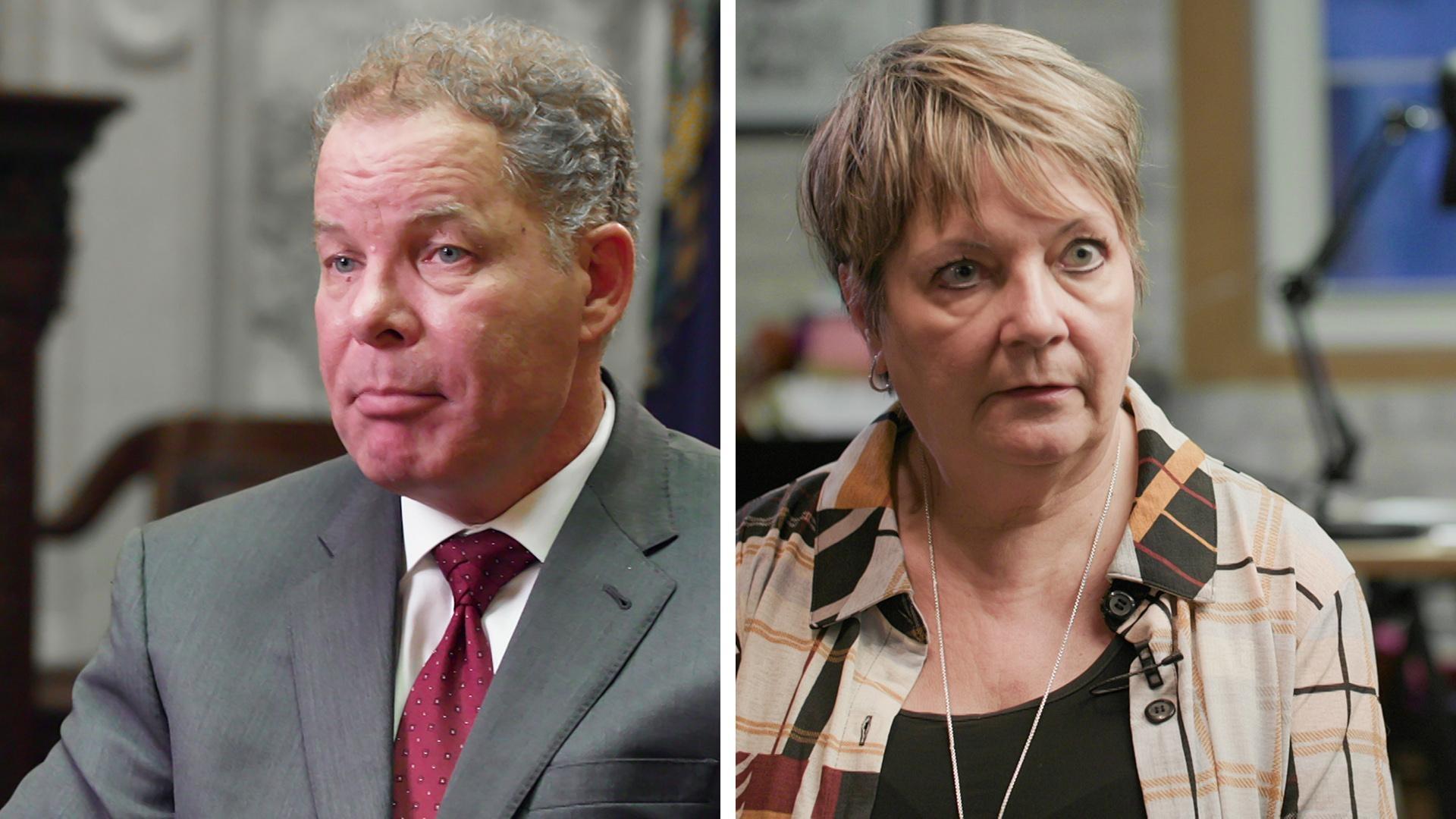
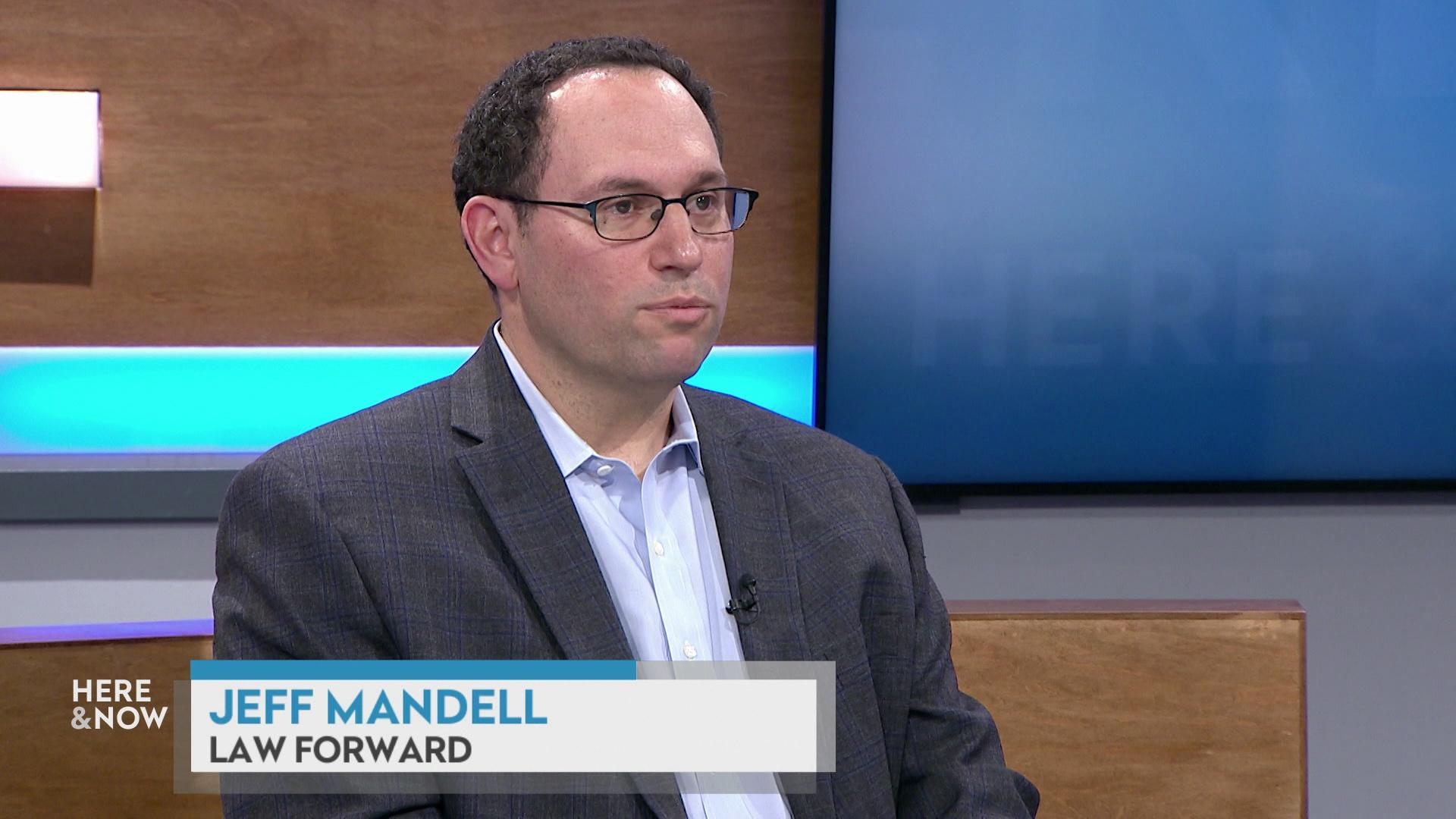
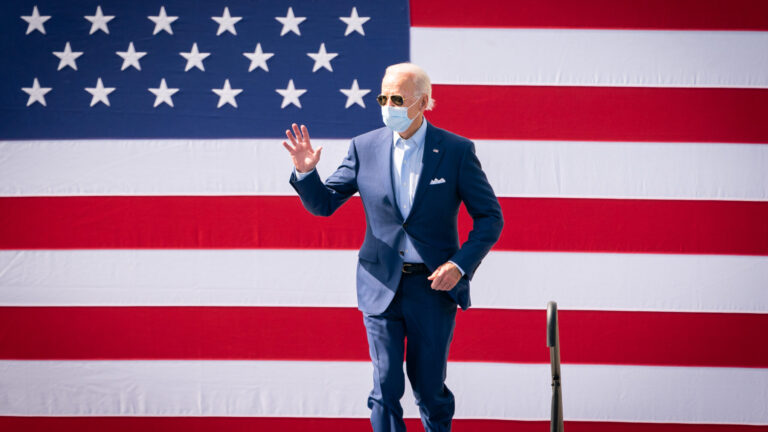
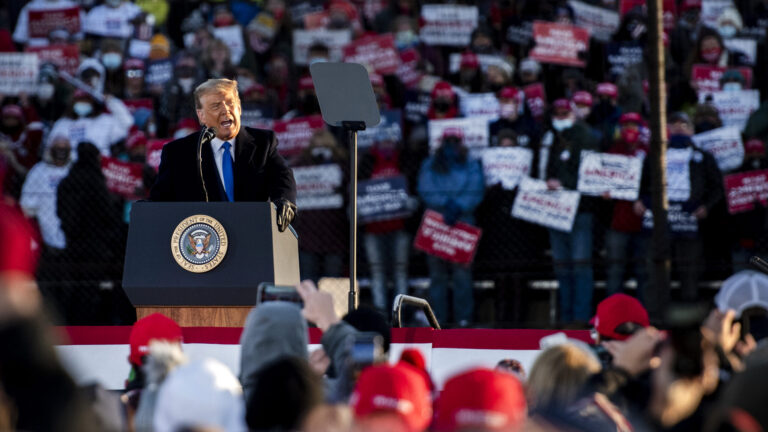

Follow Us